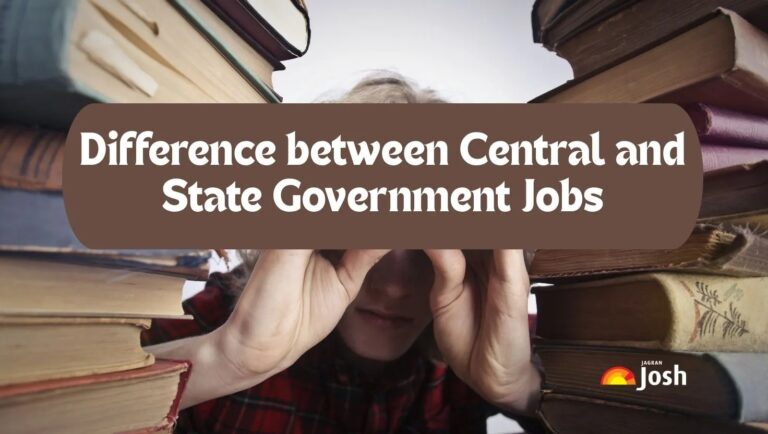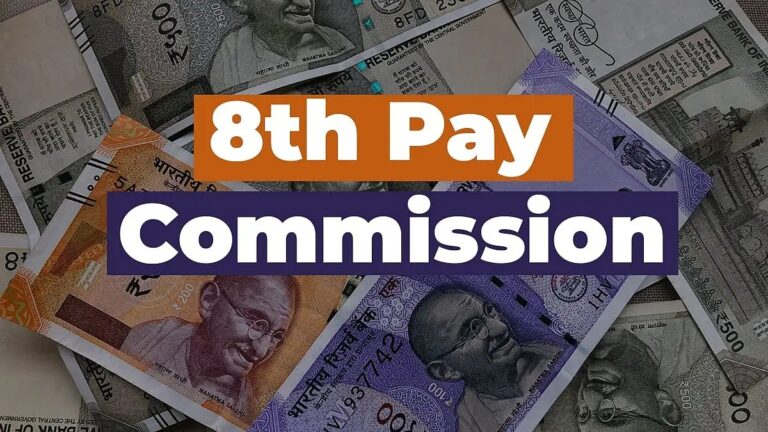
Central Government Employees Now Eligible for 30-Day Leave for Personal Reasons
Central government employees in India have gained a significant benefit with the introduction of a new leave policy allowing 30 days of earned leave for personal reasons. This provision, highlighted by Union Minister of State for Personnel Jitendra Singh during a parliamentary session, addresses the growing need for work-life balance among public servants. The policy, outlined in the Central Civil Services (Leave) Rules, 1972, permits employees to take time off for various personal matters, including caregiving responsibilities. This update reflects the government’s commitment to supporting its workforce while ensuring operational continuity. The 30-day leave can be combined with other existing leave types, such as half pay leave and casual leave, providing employees with greater flexibility. This development is particularly timely, as it aligns with broader discussions on employee welfare and administrative efficiency in public sector roles.
Parliamentary Proceedings Interrupted by Opposition Protests
The announcement of the new leave policy coincided with heightened tensions in the Indian Parliament, where opposition parties disrupted proceedings to protest the Special Intensive Revision (SIR) of the voter list in Bihar. The Rajya Sabha session on July 24 saw significant disruptions, with MPs from the opposition parties demanding transparency and accountability. The adjournment of both houses until Friday underscored the political ramifications of the voter list revision, which has become a contentious issue in the lead-up to state elections. While the government defended the SIR process as necessary for electoral integrity, the opposition accused it of undermining democratic principles. This political standoff highlights the complex interplay between administrative reforms and electoral politics in India, with implications for governance and public trust.
Leave Policy Details and Employee Benefits
According to Singh’s written reply in the Rajya Sabha, the Central Civil Services (Leave) Rules, 1972, grant employees 30 days of earned leave annually, along with 20 days of half pay leave, eight days of casual leave, and two days of restricted holidays. These provisions are designed to accommodate diverse personal needs, from family emergencies to health-related issues. The inclusion of caregiving responsibilities in the leave policy reflects a shift toward recognizing the multifaceted challenges faced by employees. By allowing time off for elderly parents, the government aims to foster a more compassionate and supportive work environment. This policy update also emphasizes the importance of work-life balance, a critical factor in retaining skilled professionals in the public sector. Employees can now plan their personal affairs with greater assurance, knowing they have the necessary time off to manage urgent matters without compromising their professional obligations.
Impact on Administrative Efficiency and Workforce Morale
The introduction of the 30-day leave policy is expected to have a positive impact on administrative efficiency by reducing stress and burnout among government employees. A well-rested and balanced workforce is likely to be more productive and engaged, contributing to the overall effectiveness of public services. Additionally, the policy may help in reducing absenteeism and improving job satisfaction, as employees will feel more supported in managing personal responsibilities. However, the success of this initiative will depend on the implementation mechanisms and the clarity of guidelines provided to employees. Ensuring that the leave policy is accessible and easy to understand is crucial for its effectiveness. The government’s emphasis on work-life balance signals a proactive approach to employee welfare, which could enhance morale and loyalty among public servants, ultimately benefiting the broader administrative machinery.
Broader Implications for Public Sector Reforms
The recent leave policy update is part of a larger trend of reforms aimed at improving the working conditions of government employees. As the Indian government continues to prioritize administrative efficiency, initiatives like this leave policy demonstrate a commitment to modernizing public sector practices. However, the disruptions in parliamentary proceedings highlight the challenges of implementing such reforms amidst political complexities. The balance between administrative needs and political dynamics remains a critical factor in the success of these initiatives. Moving forward, the government will need to address both the practical aspects of policy implementation and the political sensitivities surrounding such reforms. By fostering a supportive work environment and maintaining transparency in administrative processes, the government can build a more resilient and motivated public workforce, ultimately enhancing the delivery of public services.



